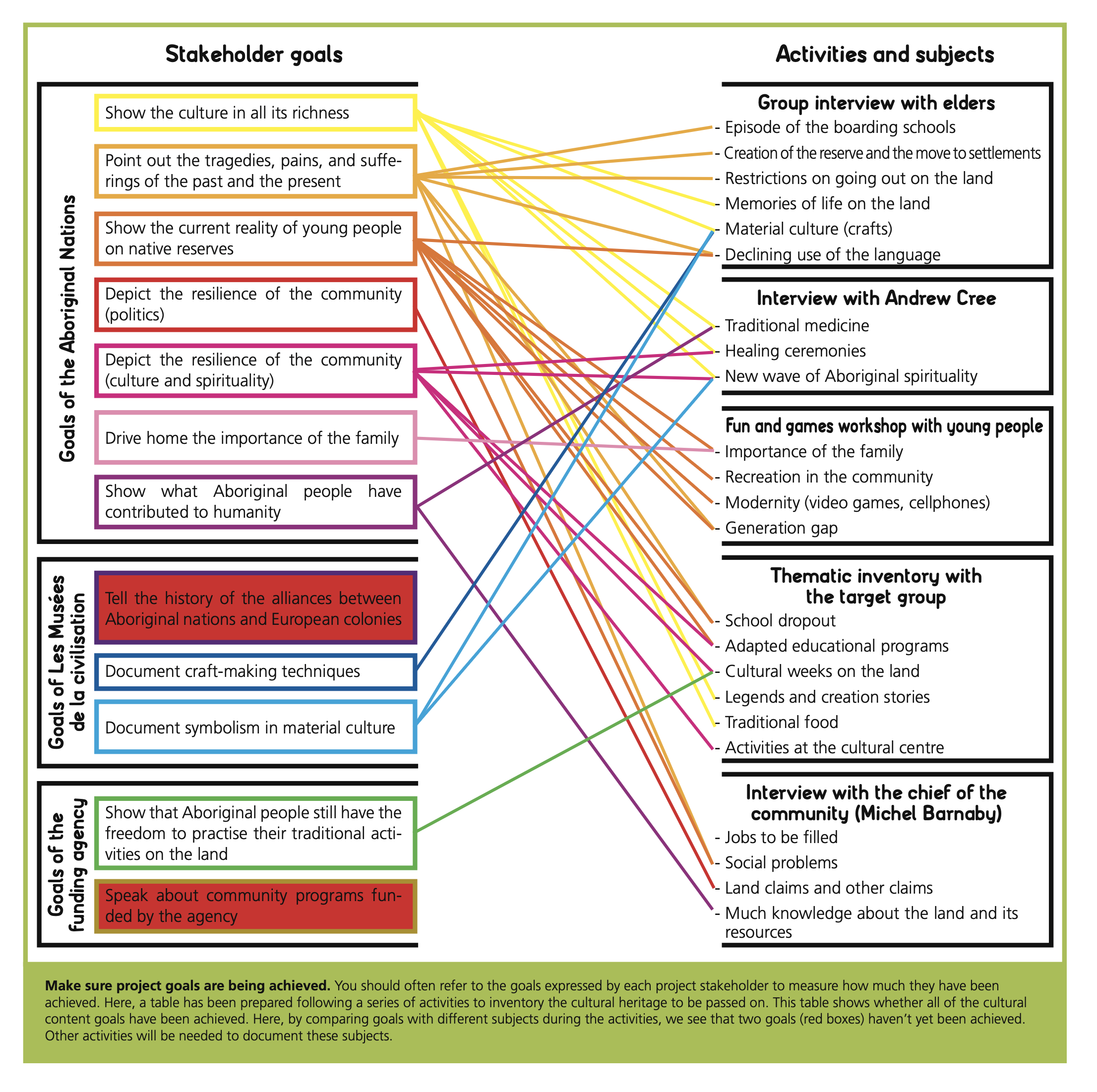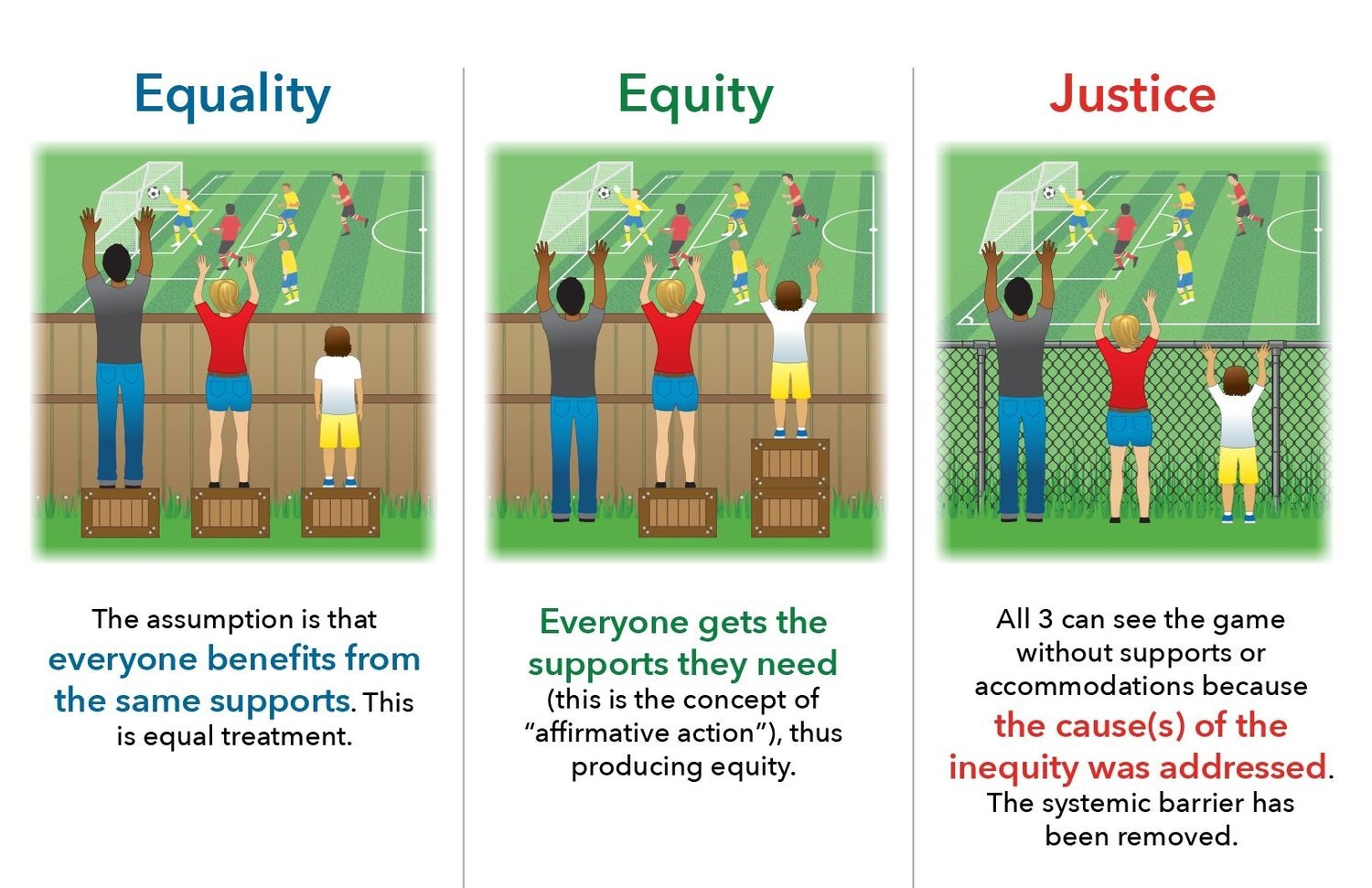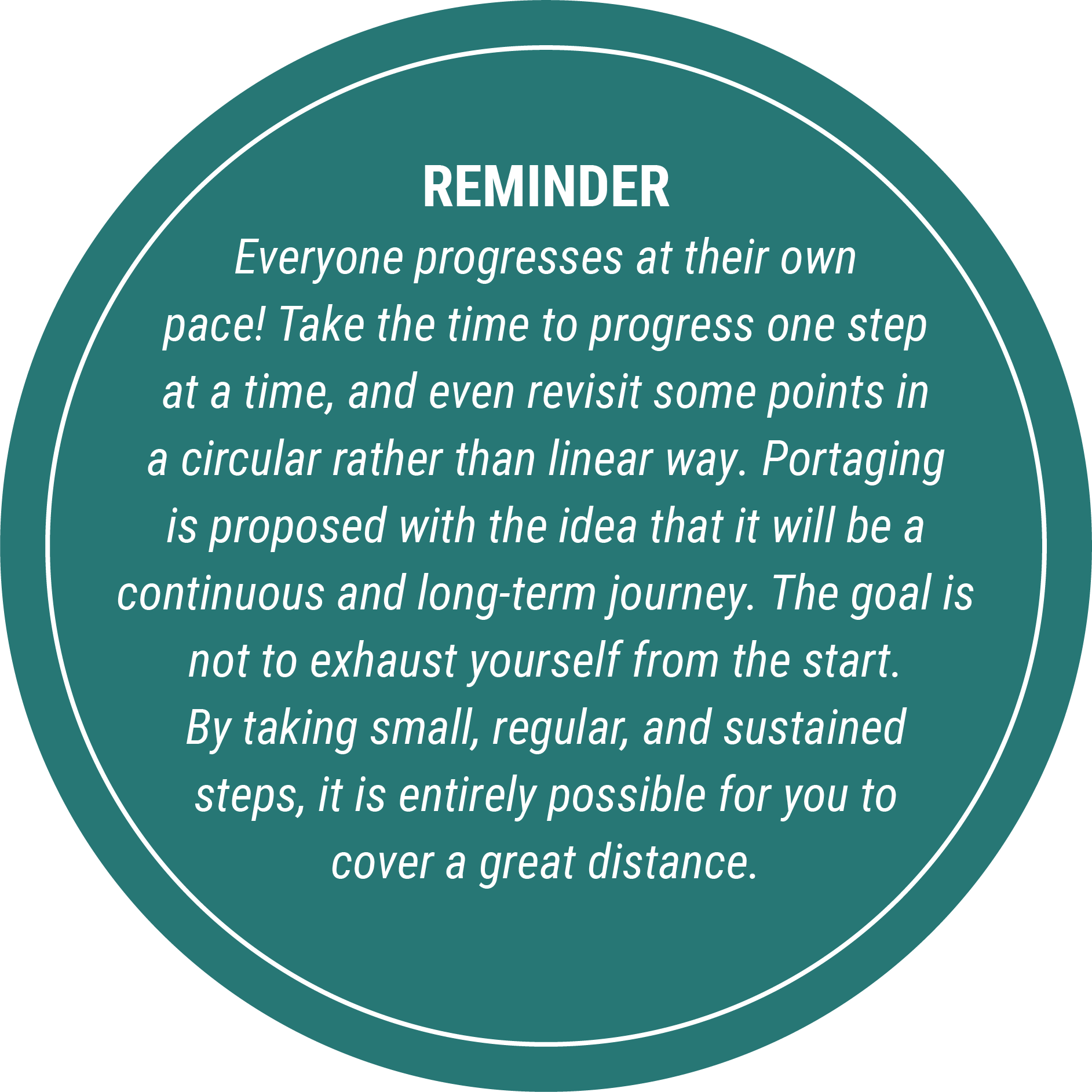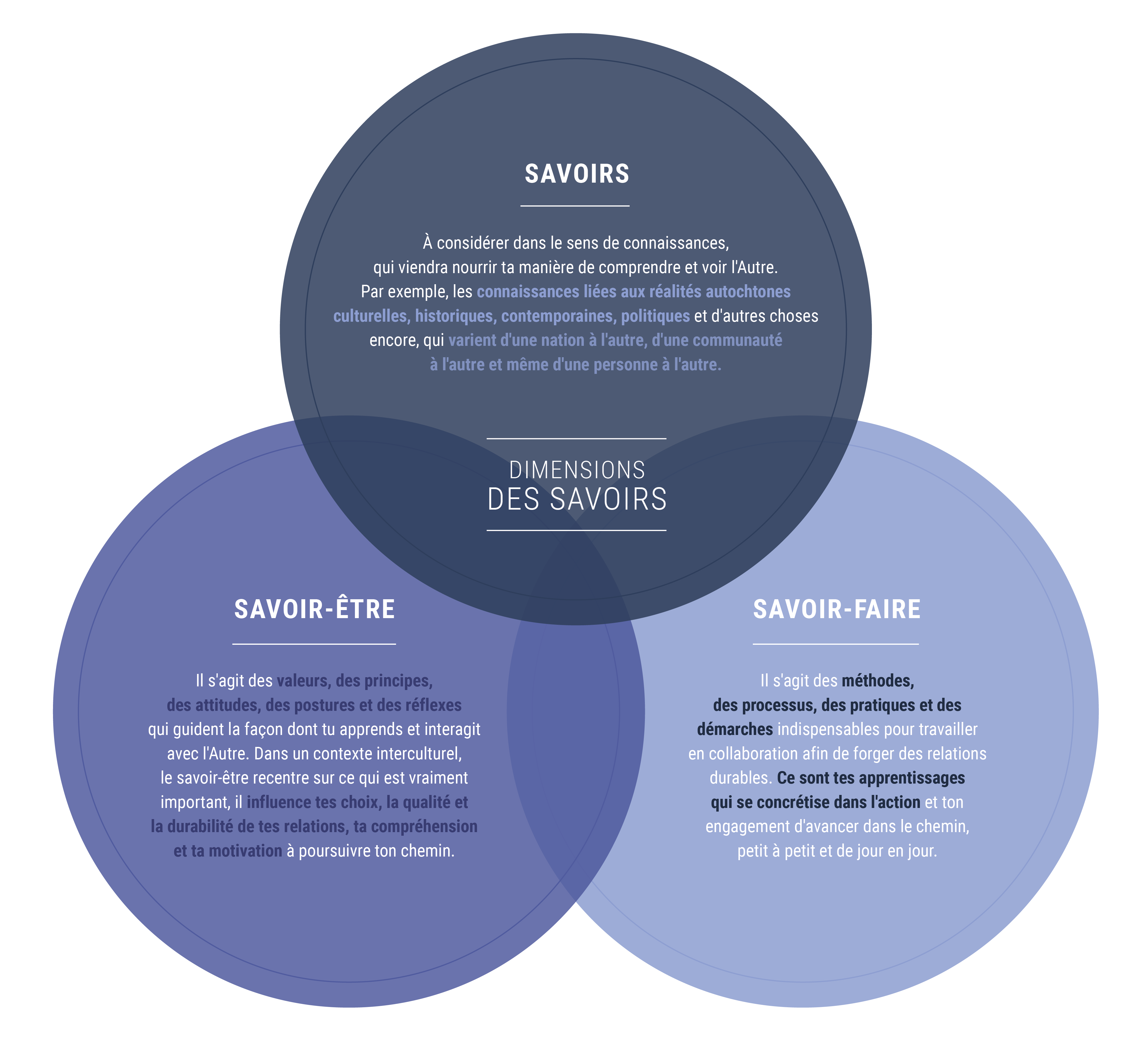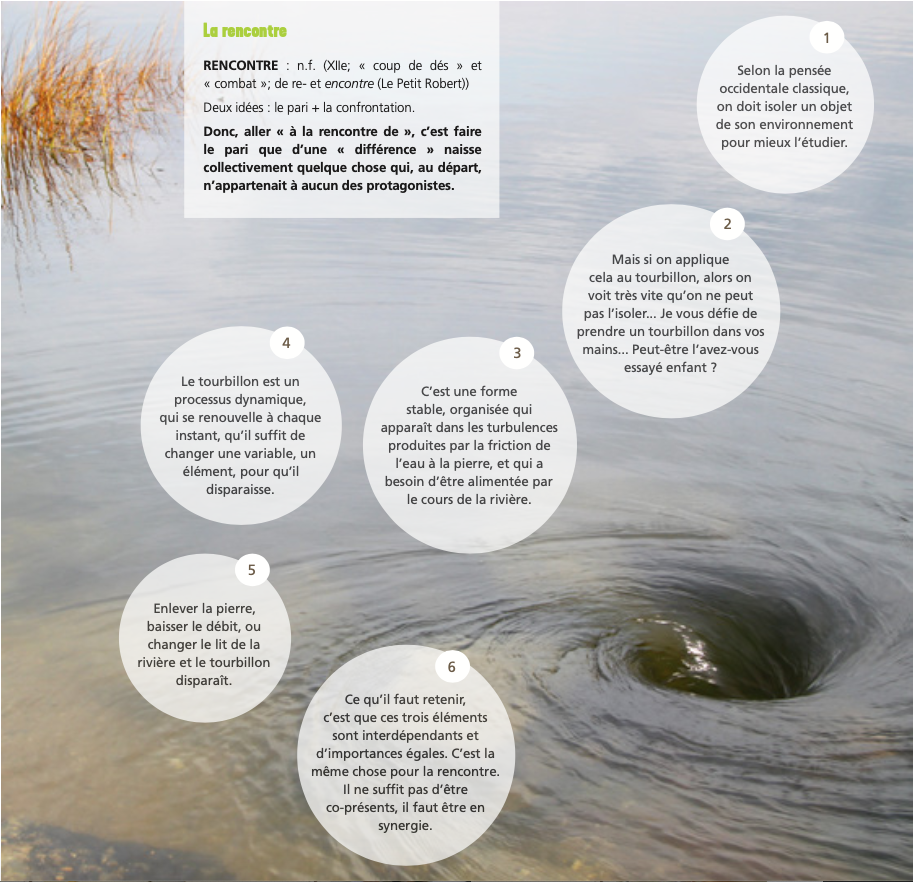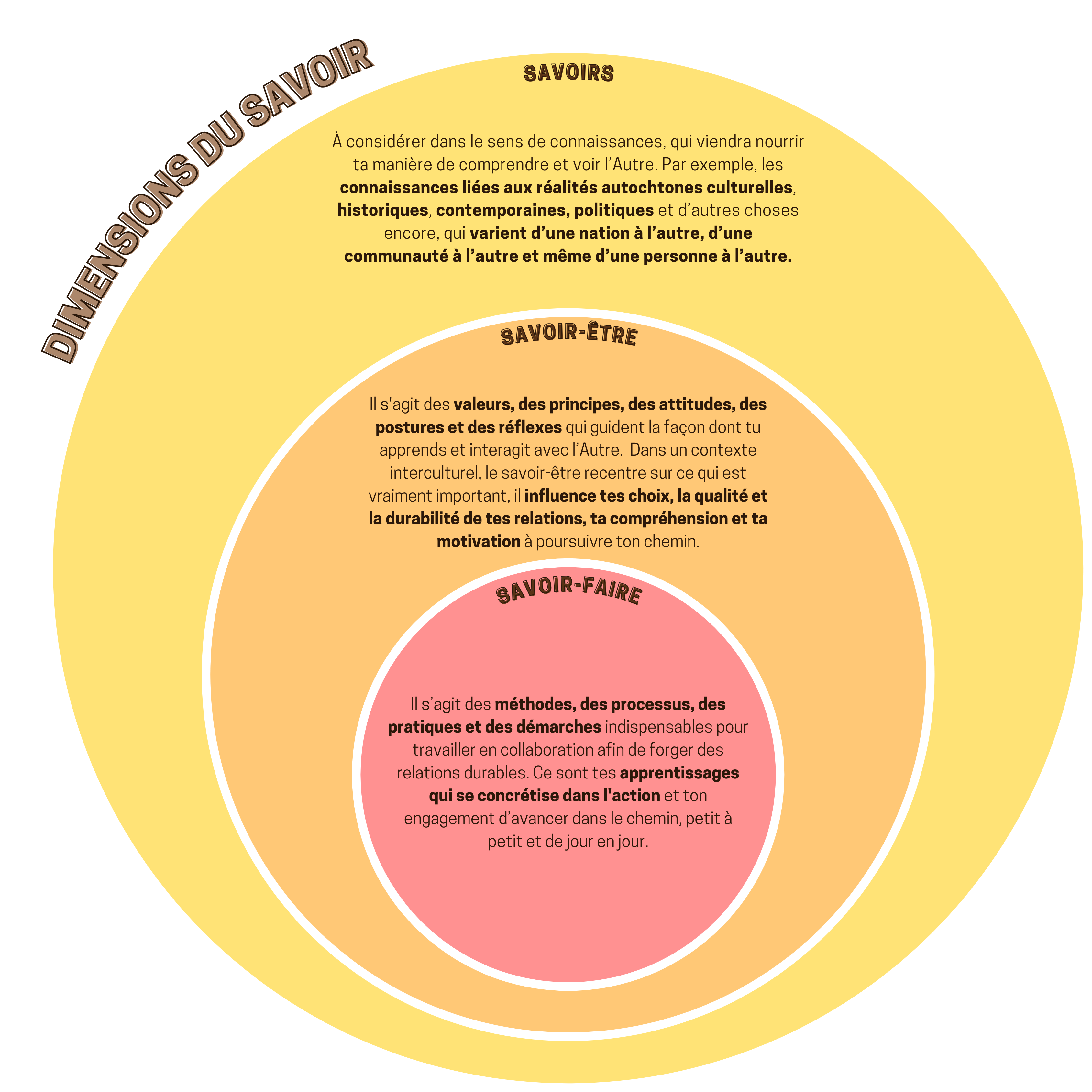Operational Planning
The project management triangle: costs, schedule, and content
What does this involve?
- Break down the budget.
- Define a timeline based on objectives, expected outcomes, stages, and activity sectors.
- Identify possible actions to achieve the objectives.
- Plan the project implementation and mechanisms to monitor effectiveness for all activities until project closure.
- Establish communication channels.
Timeline and Schedule
To optimize detailed planning efficiency, here are some key considerations when preparing the project timeline and schedule:
- The timeline and schedule serve as communication and mobilization tools for all project stakeholders. Therefore, planning a shared tool facilitates coordination.
- Flexibility-based planning
While precise and detailed planning is necessary, it's equally important for it to be flexible and adaptable to various realities encountered during implementation.
Some planned activities may be canceled or postponed, while others may be added. It's prudent to allocate space in the schedule to capitalize on unexpected opportunities.
Weekly reviews, and sometimes daily during peak production periods, may be necessary. - Planning designed in close collaboration with partners and stakeholders helps account for everyone's different realities, thereby increasing realism and feasibility.
- In a project involving multiple partners and stakeholders, planning work methodologies and their contextual application greatly facilitates goal achievement and project success.
Here are some questions to help facilitate this planning:
- What types of activities will help us achieve our objectives? Examples: co-creation workshop, exchange or discussion, community consultation, group or individual interviews, conversations with elders, etc.
- What is the most suitable place to hold an activity? Example: a quiet place, culturally representative, indoors or outdoors, inspiring, formal, etc.
- Do the participants know each other? Should we plan a networking session before the activity? If yes, in what form? Examples: sharing a meal, ice-breaking activity, scheduling informal meeting times, etc.
- How long will the activity last? Should we plan an overnight stay?
- Do we need to arrange transportation for all participants? Do the methodologies' application and context require specific budgetary considerations?
- Properly schedule consultation and validation periods. Like any project phase, these crucial periods for project progress can be planned and confirmed with involved individuals during the planning phase.
Defining and Transforming Objectives into Actions
Based on the objectives of each stakeholder and using brainstorming mode, propose possible action ideas. It may be easier to determine actions based on desired outcomes or by stage. You can adapt the table according to your preferences.
Create an example with various action strategy suggestions.
Objectives | Results | Action Strategies | Stakeholders |
Coordinate with partner organizations to understand specific needs related to harmonizing relations with First Peoples. | Report from consultation tables. |
| Project team: 8 to 12 participants per sector (education, arts and culture, tourism, etc.). |
Development of an exhibition concept. | Brainstorming avec la communauté. Atelier de cocréation. |

